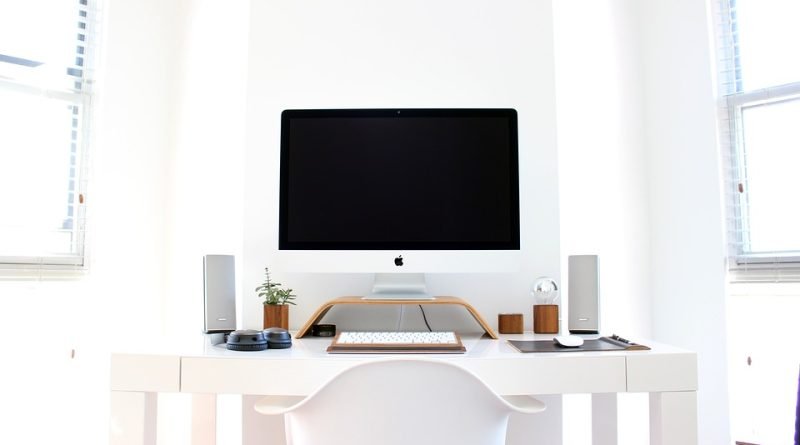From Budget to Performance: How to Choose the Best Personal Computer
In today’s digital age, owning a personal computer is a necessity for most individuals. Whether you’re a student, a professional, or simply someone who enjoys browsing the internet and staying connected with friends and family, having a reliable and efficient computer is crucial. But with so many options available on the market, choosing the best personal computer can be a daunting task. From budget constraints to performance requirements, there are several factors to consider before making a purchase.
1. Determine your budget
The first step in choosing the best personal computer is determining your budget. Personal computers come in a wide range of prices, from budget-friendly options to high-end models with all the bells and whistles. By setting a budget upfront, you can narrow down your options and focus on models that are within your price range. Keep in mind that while it may be tempting to splurge on the latest and greatest technology, it’s important to choose a computer that meets your needs without breaking the bank.
2. Consider your performance requirements
Once you have a budget in mind, it’s time to consider your performance requirements. Do you primarily use your computer for basic tasks like browsing the internet and checking email, or do you need a more powerful machine for tasks like graphic design, video editing, or gaming? The performance capabilities of a computer are determined by factors like its processor, RAM, storage space, and graphics card. Make sure to choose a computer that can handle the tasks you need it to without any lag or slowdown.
3. Choose the right form factor
Personal computers come in a variety of form factors, from traditional desktop towers to sleek all-in-one models and compact laptops. The form factor you choose will depend on your personal preferences and how you plan to use your computer. If you need a machine that can easily be moved from room to room or taken on the go, a laptop may be a better option. If you need a powerful machine with plenty of storage space, a desktop tower may be more suitable. Consider factors like portability, space constraints, and your work environment when choosing the right form factor for your needs.
4. Research brands and models
Once you have a budget, performance requirements, and form factor in mind, it’s time to research different brands and models. Look for reputable brands that have a track record of producing high-quality computers that are reliable and durable. Read reviews from other users, compare specifications, and consider factors like customer service and warranty coverage. It’s also a good idea to visit a physical store to see and test out different models in person before making a final decision.
In conclusion, choosing the best personal computer involves considering factors like budget, performance requirements, form factor, and brand reputation. By taking the time to research and evaluate your options, you can find a computer that meets your needs and fits your lifestyle. Whether you’re a casual user or a power user, having a reliable and efficient computer is essential in today’s digital world. So take the time to choose wisely and invest in a computer that will serve you well for years to come.
